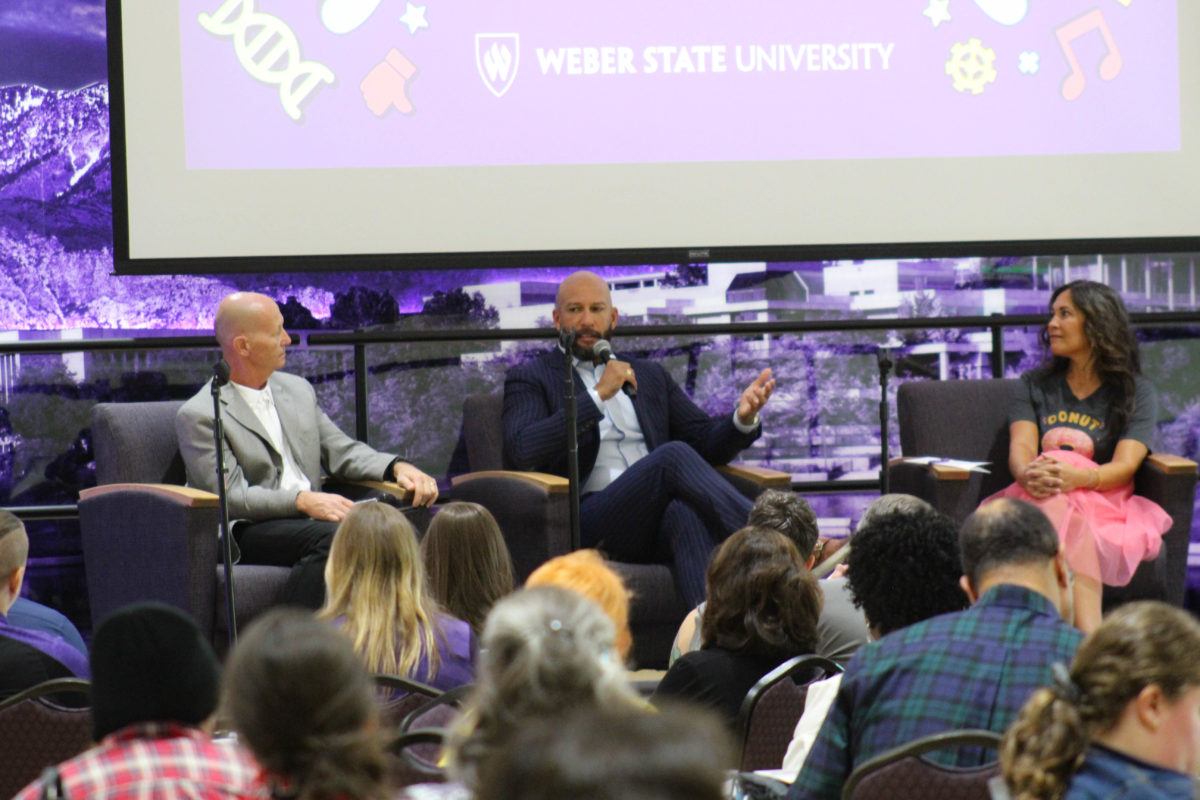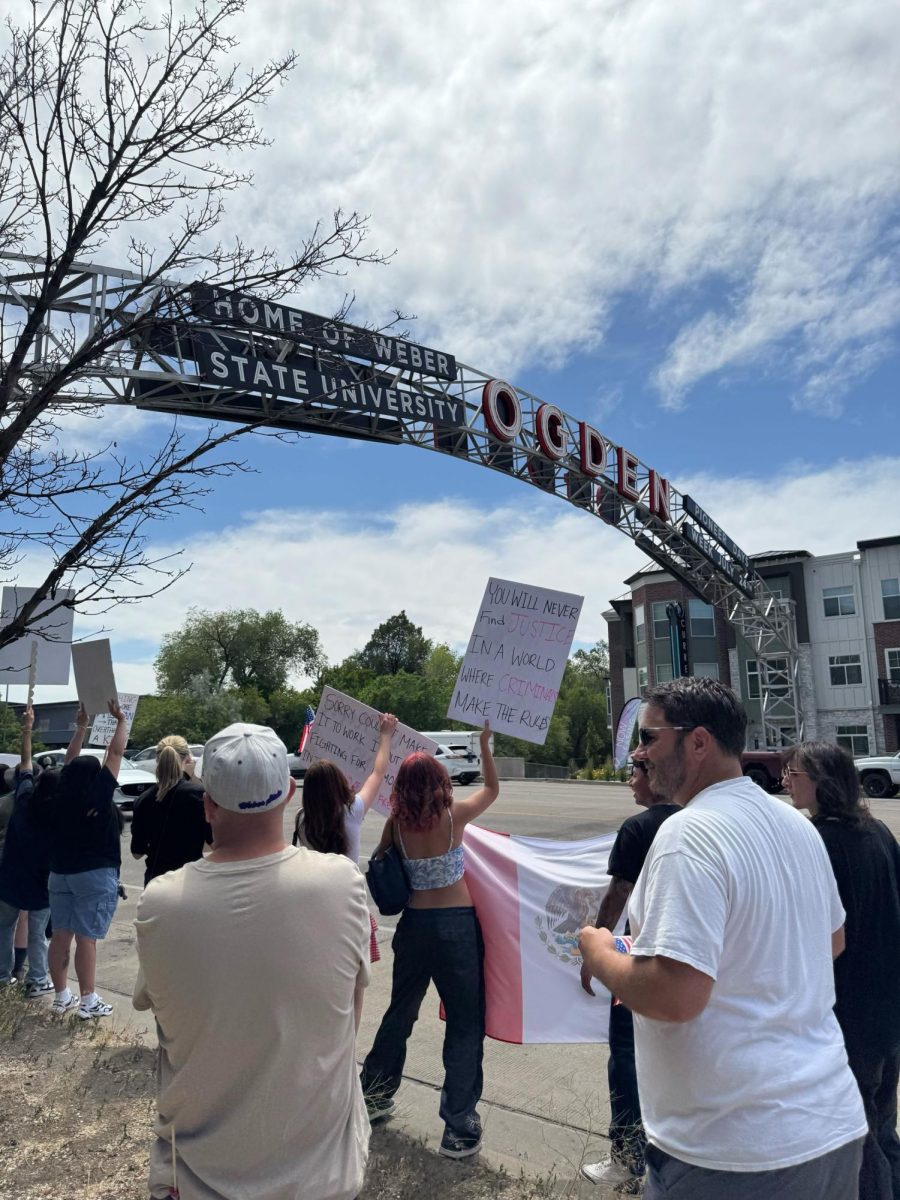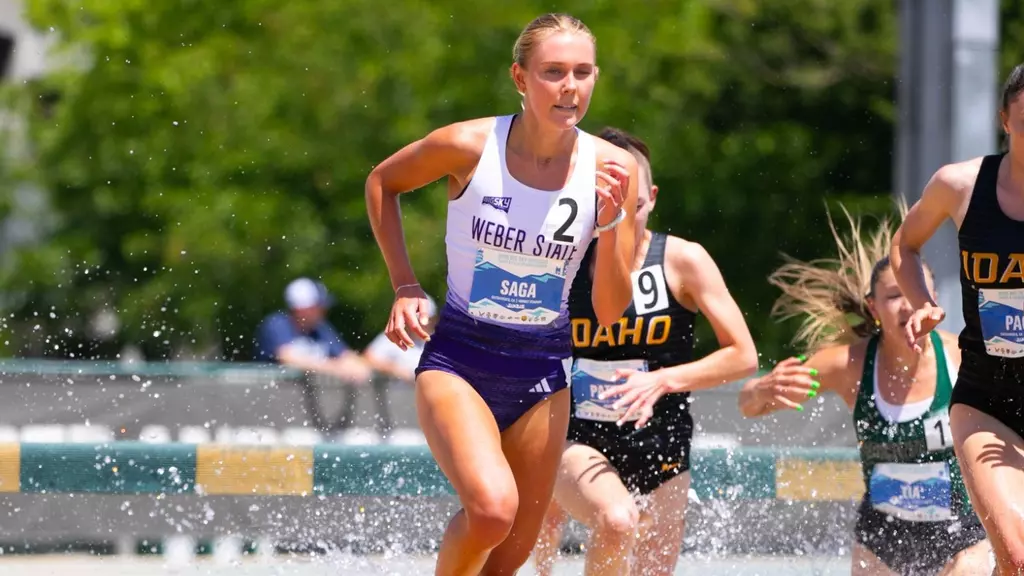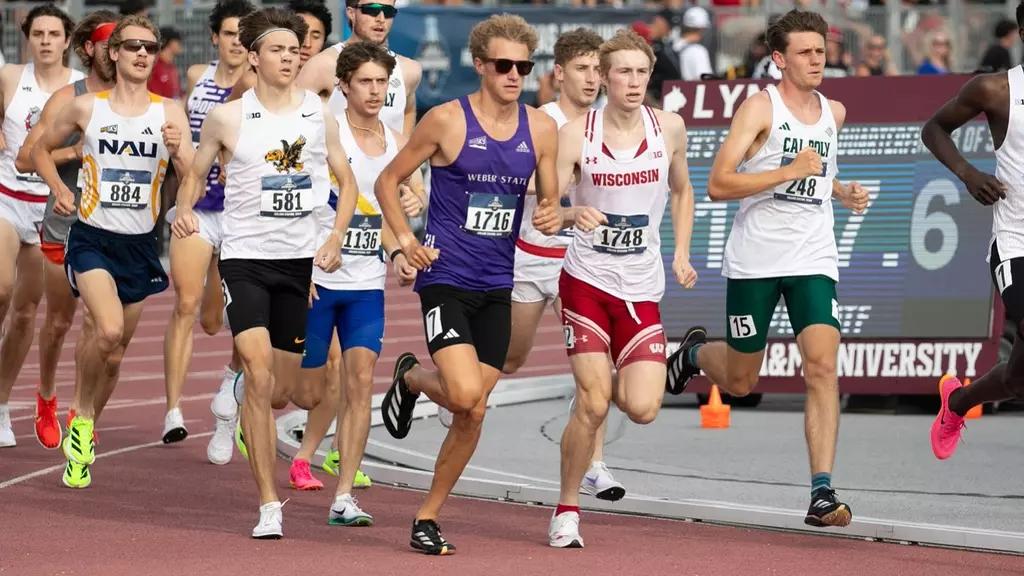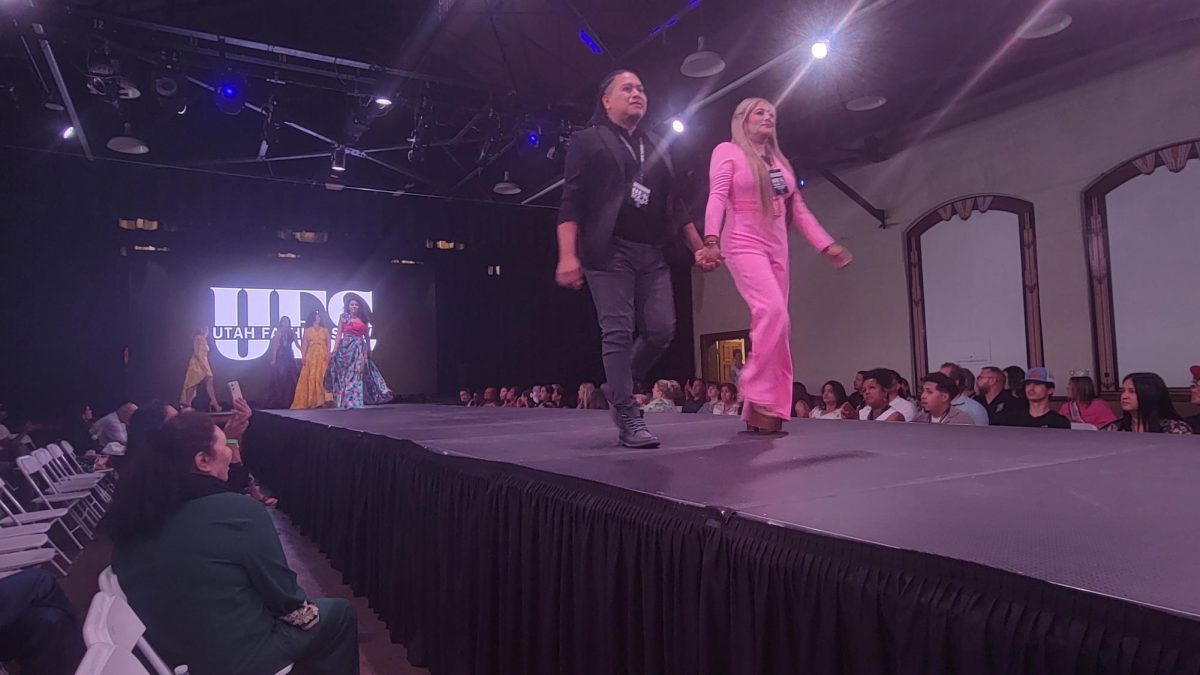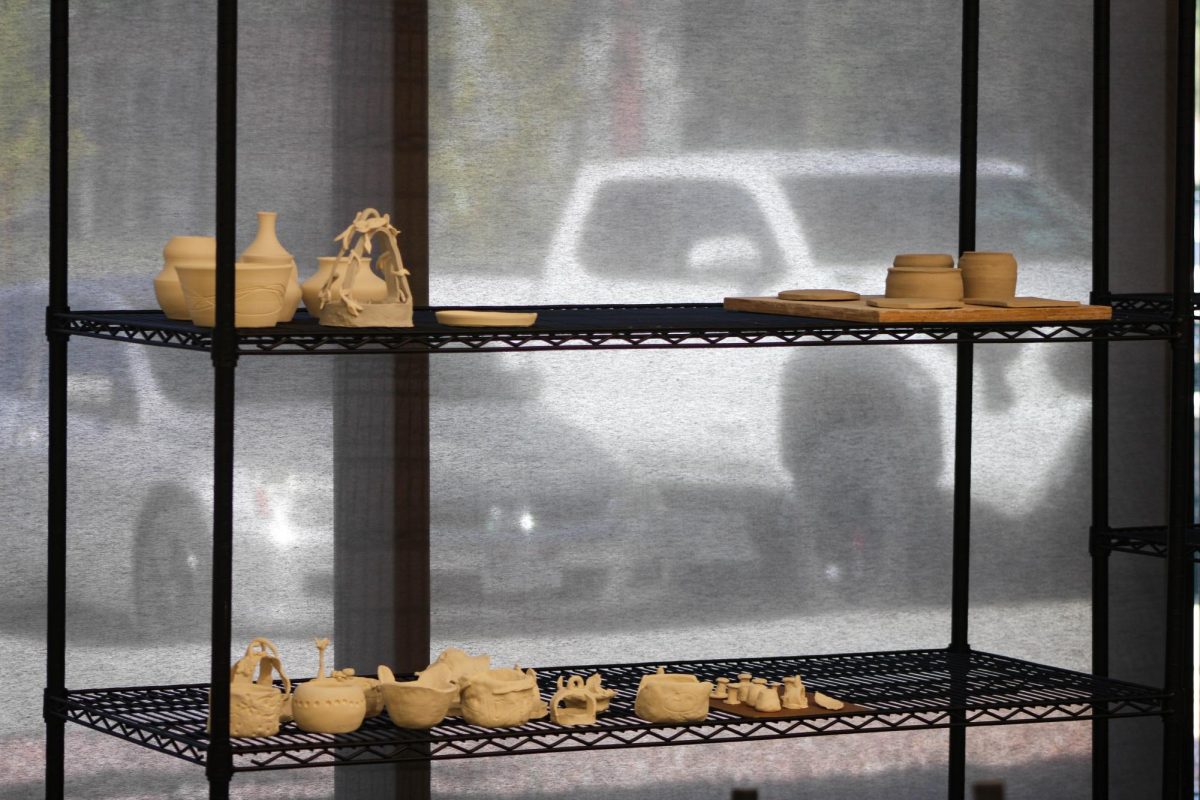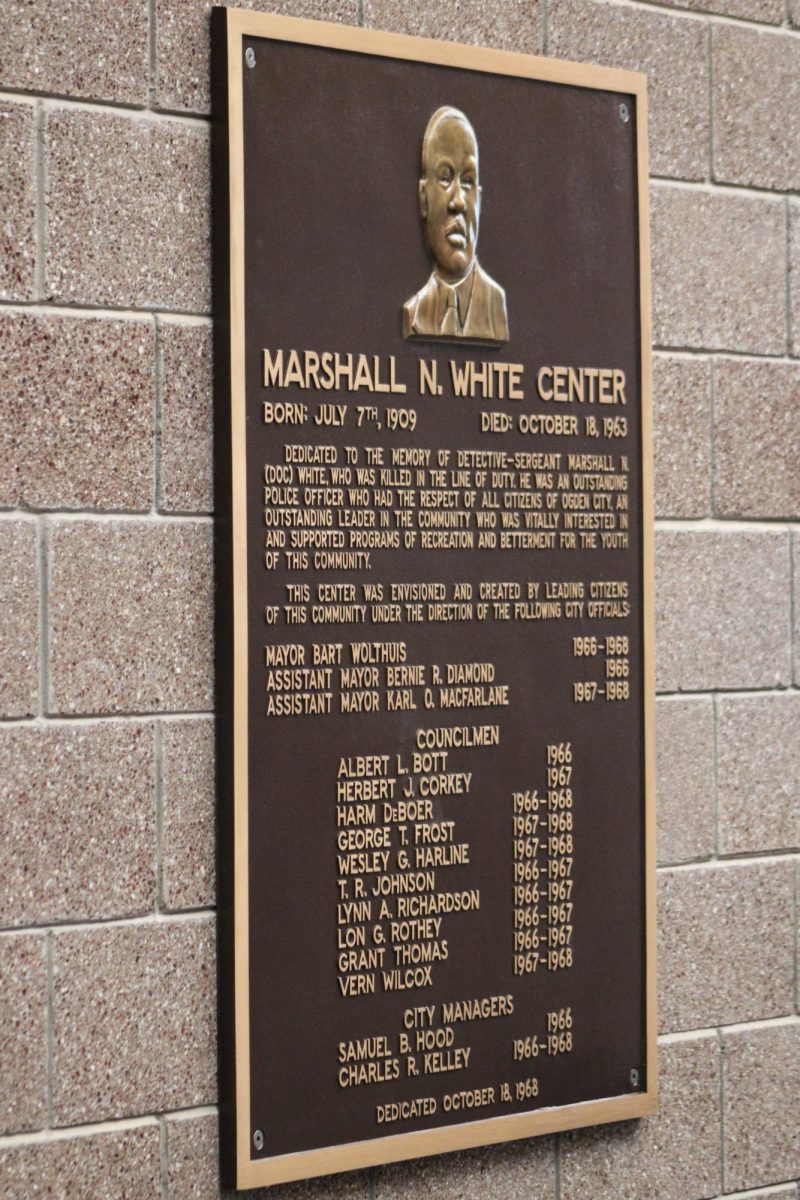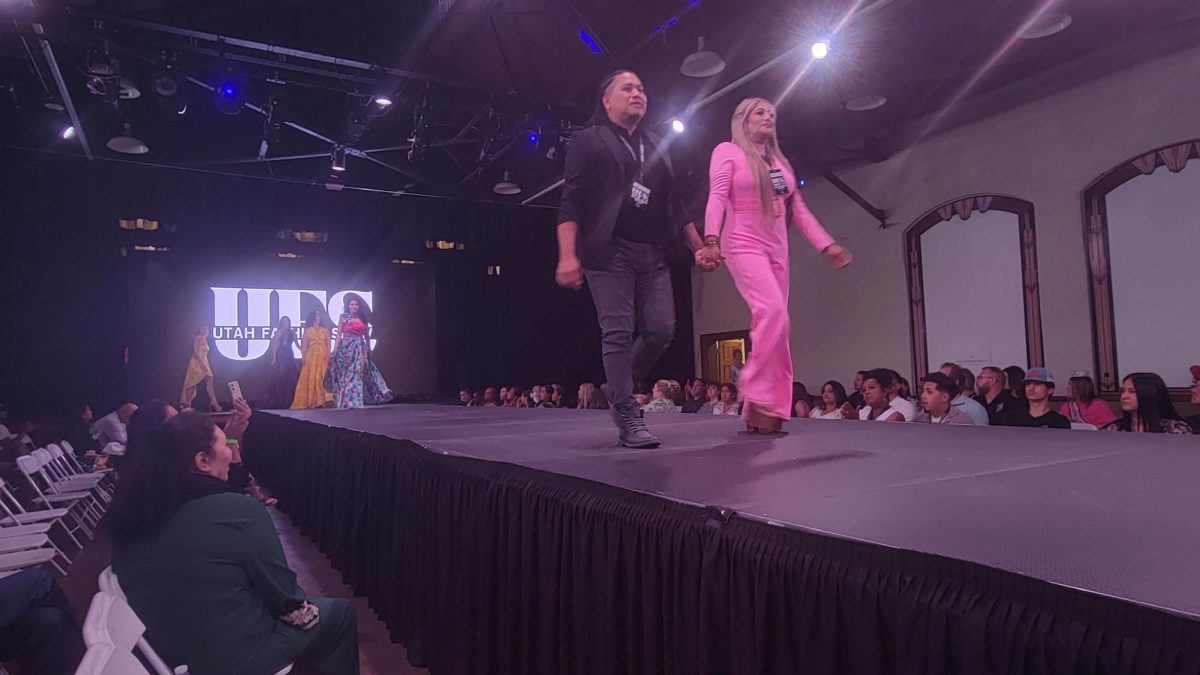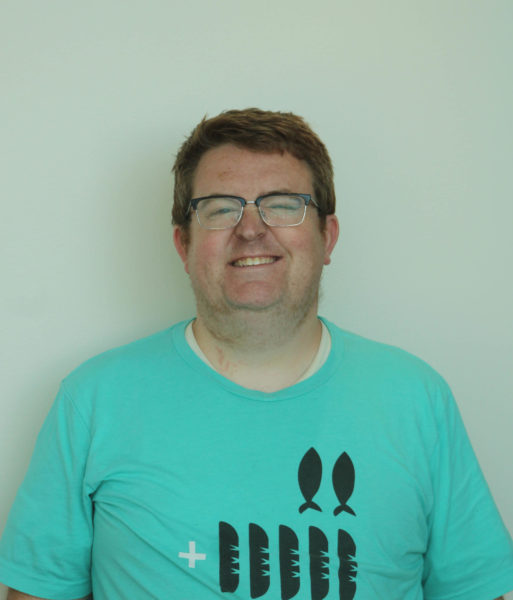The 25th Annual Weber State University Diversity Conference occurred on Sept. 28 and 29. Every year, this conference aims to educate WSU students, faculty and staff on the differing diversity issues that occur in the community.
This year, the conference focused on neurodiversity. The university website describes neurodiversity as “the way people interact with and experience the world around them.”
The conference opened on Sept. 28 at the WSU-Davis Campus where WSU administration gave a preview of what the conference would entail. Keynote speaker Tim Howard even gave a small speech to conference attendees.
“For two and a half decades, this institution has been committed to celebrating diversity and inclusion on this campus,” WSU President Brad Mortensen said at the event. “We are committed to celebrating all of the things that make us different.”
Howard is a retired professional soccer player and holds many awards and records. He has played in the United States and overseas where he has experienced what he called a “meteoric rise.”
He detailed in his book, “The Keeper: A Life of Saving Goals and Achieving Them,” and his speech how he struggled when he was younger with diagnoses of Tourette Syndrome and Obsessive Compulsive Disorder.
The conference began in full on Sept. 29 where conference presenters, WSU staff, faculty and students attended the keynote session to kick things off. WSU alums Tim Crompton and Stacy Bernal interviewed Howard.
“I know I’m in enemy territory after playing on the Colorado team, but everyone here has been so welcoming and inviting,” Howard said at the start of his keynote.
Howard was asked at the start of the speech about what made him, as a superstar athlete, want to tell his own personal journey through his struggles.
“It was all-consuming, but I had a lot of support from my team,” Howard said. “That’s not just my soccer team, but my parents and friends. Always remember your team.”
The panel featured a very detailed Q&A session where Howard advocated for those diagnosed. He shared an experience he had with a news article that called him an offensive term and how he used that opportunity to make his disability known.
Howard concluded his keynote by emphasizing that neurodiversity is something that is all-encompassing, not just for those diagnosed, but also for their family and friends.
“It is something that is all around us and harder to help because we can’t see it,” Howard said.
The conference had many other opportunities for WSU students and faculty to learn about neurodiversity. After the keynote, the conference split into breakout sessions where experts informed attendees about the struggles of neurodiversity.
One panel offered ways to combat struggles between partners in relationships. This was spearheaded by Aaron Jeffrey, a licensed marriage and family therapist and director of the WSU Counseling and Psychological Services Center.
There were also several sessions about neurodiversity in the workplace.


